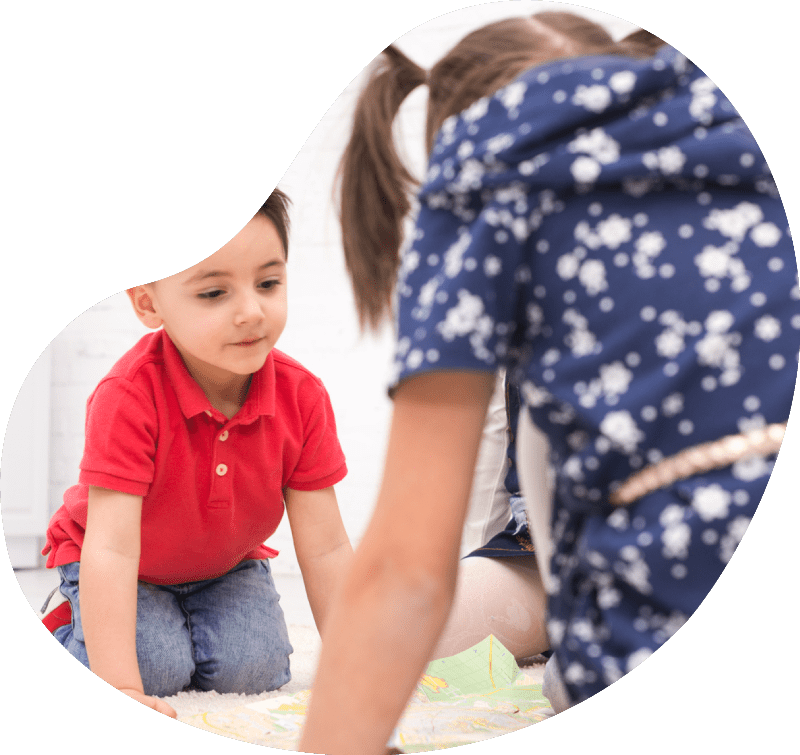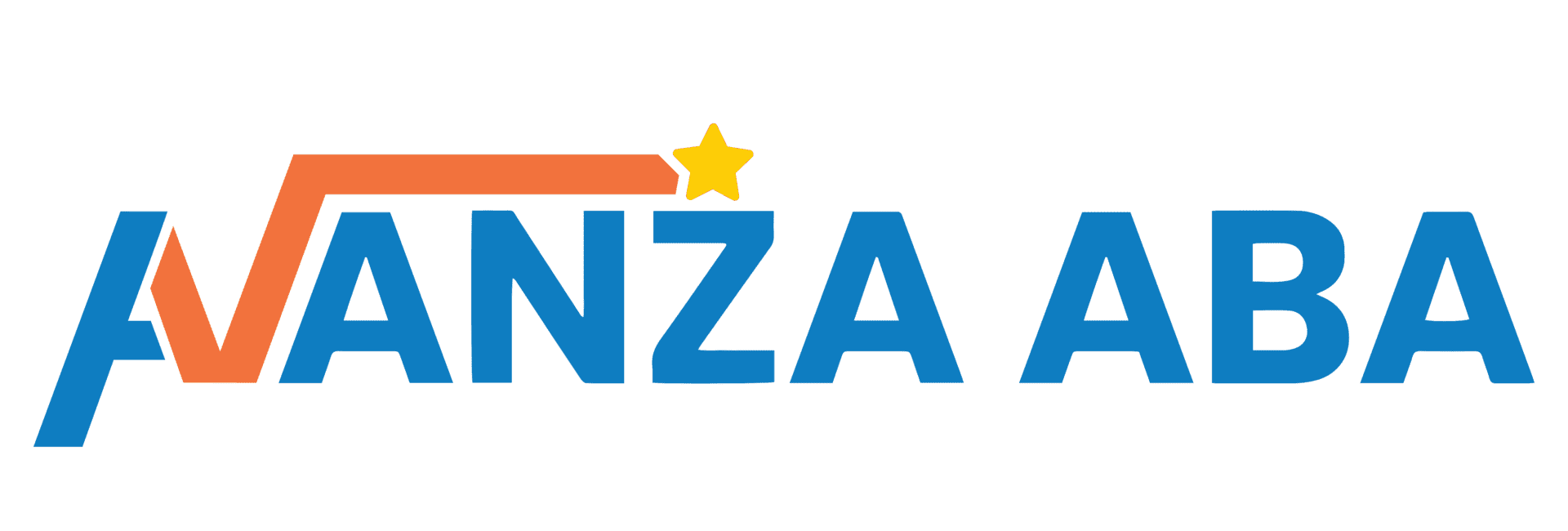
In Home ABA Therapy
A team consisting of a Board Certified Behavior Analyst (BCBA) and a Registered Behavior Technician (RBT) work directly with your child in one-to-one sessions. As your child develops certain skills, the treatment team will provide guidance to parents on how to strengthen these skills in daily routines and everyday life. Parent get hands on training and direct feedback on our learning strategies.
Our Services
Early Intervention
We use a comprehensive approach designed to strengthen language and communication skills that is most effective when introduced early in a child’s development. We support children as early as age 2, which maximizes the opportunity for meaningful progress and long-lasting outcomes. We base our approach on key developmental milestones for each age, ensuring that every child receives support designed just for them.

One-to-one sessions
Communication
Some children may work on early concepts like counting from 1–10, while others may already be counting much higher but need help practicing their ABCs. Some already know many basic words but need support learning how to use those words in different situations.
As communication skills grow, children typically find it easier to follow directions, respond to others, and participate more confidently in daily routines.
Play
No activity is off limits—we love hide-and-seek, singing, puzzles, board games, coloring, reading books, and anything else a child considers play. Families often share that their child begins playing more naturally at home as these skills develop.
Social Skills Development
We create opportunities for children to engage in coordinated play and increase participation in group activities. We may include parents, siblings, friends, or other learners working on the same skills. Our exercises help prepare children for social interaction in pre-school or kindergarten.
Independent Living Routines
We also emphasize the importance of leisure and coping skills. Helping individuals maintain activities they enjoy plays a key role in emotional regulation, and our therapists guide individuals in identifying their own interests, working toward long-term self-actualization.
Community Living
School Consultations
Focused Interventions
Some individuals thrive when they receive focused support in specific areas rather than a full comprehensive program. We follow a framework centered on core skills that people need as adults to foster independence, ensuring that every step is practical and meaningful. Support is always personalized to meet the family’s unique needs.

Focused Interventions
Some individuals thrive when they receive focused support in specific areas rather than a full comprehensive program. We follow a framework centered on core skills that people need as adults to foster independence, ensuring that every step is practical and meaningful. Support is always personalized to meet the family’s unique needs.

Independent Living Routines
We also emphasize the importance of leisure and coping skills. Helping individuals maintain activities they enjoy plays a key role in emotional regulation, and our therapists guide individuals in identifying their own interests, working toward long-term self-actualization.
Community Living
School Consultations
Parent Consulting & Family Guidance
Behavior Intervention Plans
We develop structured plans with clear instructions to help parents support their children during moments that may be difficult.
Continued Support
As families’ needs change, our clinicians offer ongoing consultation through scheduled phone check-ins and periodic visits, supporting continued growth well after a client completes our program.

